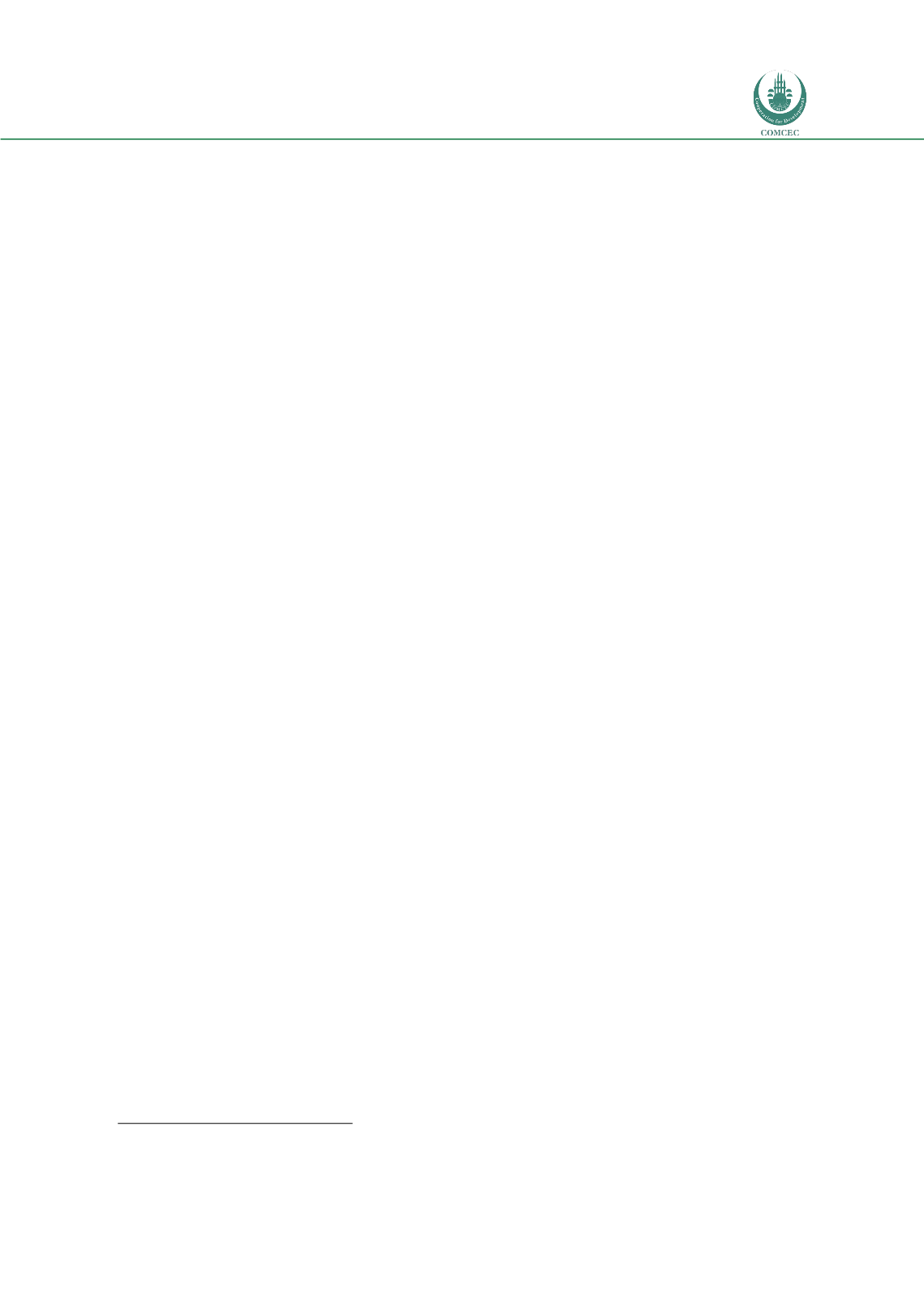

Forced Migration in the OIC Member Countries:
Policy Framework Adopted by Host Countries
183
seekers may also struggle to pay rent, as has been documented in Uganda, Sweden, and
Jordan. Refugees and asylum seekers may thus find themselves forced to turn to poor quality
or over crowded housing solutions, and are highly vulnerable to eviction and homelessness.
This can magnify other vulnerabilities, such as health concerns, particularly for children.
Vulnerabilities can evolve or be exacerbated by the long-term nature of most displacement
situations. Refugee households in Jordan and Turkey, for example, that borrowed money to
cover their journeys or pay rent may find themselves in a situation of mounting debt as their
costs accumulate and income remains non-existent or stagnant. For children, the costs of
disrupted educational trajectories, limited access to school, or the poor quality of available
education are compounded over time and can have long-term implications for their future
ability to earn a living or integrate into society. Finally, protracted displacement and lengthy
migration journeys may have a negative impact on the health of forced migrants, creating new
vulnerabilities and protection needs. In Turkey and Sweden, for example, doctors have
reported that refugees have developed chronic conditions over the course of their journeys
due to the lack of adequate medical care, a problem that has particularly been documented
with regard to pregnant refugee women who did not have access to prenatal care while
traveling.
8
Recognizing the manifest and compounding economic, social, and physical challenges faced by
forced migrants, the 1951 Refugee Convention offers numerous protections for refugees with
regard to access to work and social benefits and services—though these are unevenly applied
in practice. For forced migrants who fall under other protection regimes, access to social
support and services can be even more limited. What has emerged is a diverse patchwork of
policies and practices implemented by national governments, often with help from
international agencies and NGOs, aimed at reducing the vulnerability of forced migrant
populations within their borders. Coverage of forced migrants under these policies is often
uneven and insufficient to meet the scale of the need.
1. Strategies to mitigate the risks of poverty and vulnerability among forced
migrant populations
The costs generally associated with forced migration journeys mean that most refugees and
asylum seekers have few financial resources when they arrive in their asylum country. In
some countries there are thus provisions to provide either in-kind or cash support to asylum
seekers and refugees when they first arrive, although support varies substantially by country
and often is subject to the availability of international assistance. Social assistance may also be
available for families and individuals in extremely vulnerable circumstance even after they
have spent time in the country, particularly if legal access to work is limited. Many countries
rely on international agencies like UNHCR or the World Food Programme to provide support
to vulnerable refugees. In Jordan, the World Food Programme, the International Rescue
Committee, UNHCR, and other international organizations and NGOs provide cash or voucher
assistance to vulnerable Syrian refugees. The challenge with assistance provided by
international organizations, however, is that such assistance is highly dependent on the
availability of funding and interest of donors, and support for assistance can thus disappear
rapidly, even when the needs remain.
9
Funding may also be more limited for some refugee
populations than for other, more high-profile refugee situations, leading to disparities in the
level of support provided to different populations. In countries with more robust social
welfare systems, such support may be administered by the national government; Swedish
8
See Sweden and Turkey sections in Chapter 3.
9
The World Food Program, for example, has repeatedly been forced or has threatened to cut back food assistance for
refugees in Jordan and Lebanon due to a lack of funding.
















